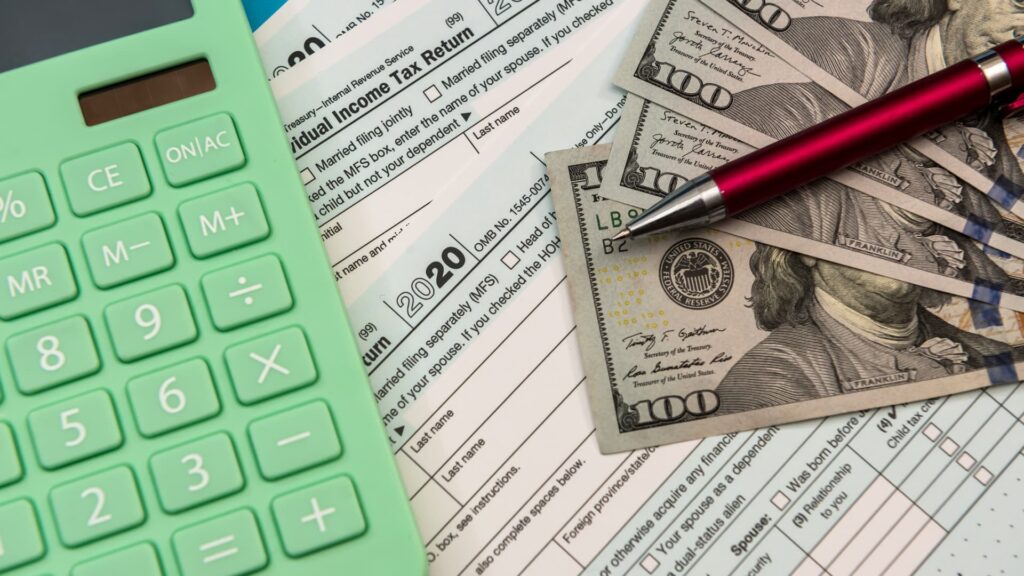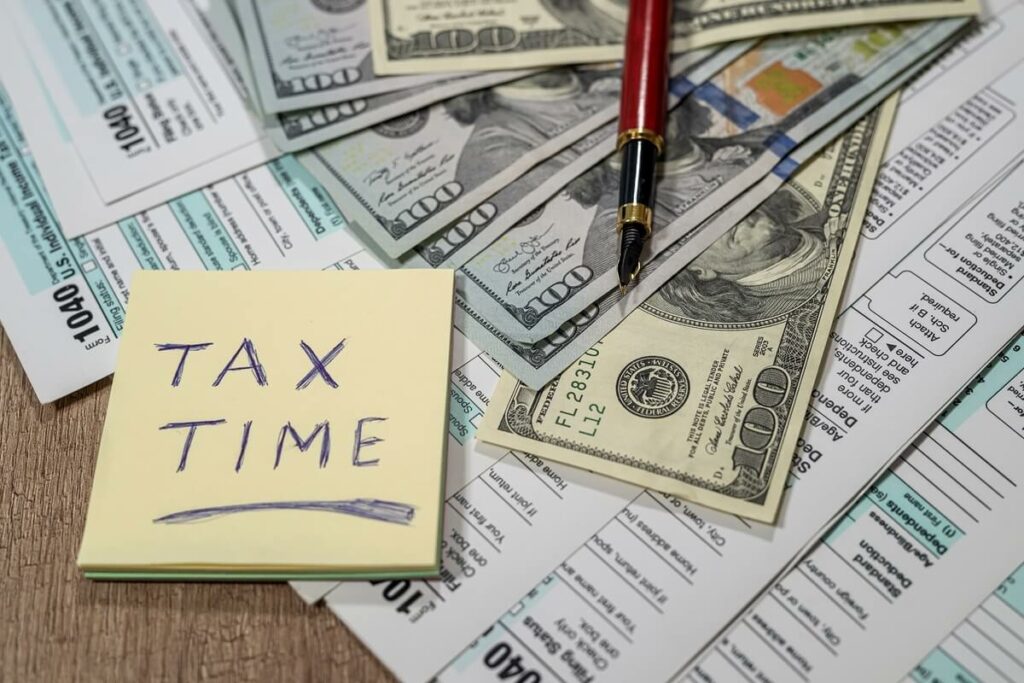
Is unrealized gain or loss should be taxed? (Photo: CNBC)
When you invest in stocks, real estate, or cryptocurrencies, the fair market value of your investment may fluctuate hundreds or thousands of times before you sell. Your unrealized gain or loss is only on paper once you sell because you have yet to lock them in by cashing out. Any change in value since you purchased the investment is considered an unrealized gain or loss.
What Are Unrealized Gain and Loss?
An unrealized gain is a profit you could make if you sold your investment. In other words, an unrealized gain occurs when an asset is expected to generate a profit but is not realized.
An unrealized loss is a decrease in the value of an asset before it is sold. When you sell that asset, you have realized a loss.
READ ALSO: Tax Season Updates: Here’s 2023 Tax Season Information You Need To Know

Is unrealized gain or loss should be taxed? (Photo: Crypto News)
How To Calculate Unrealized Gain and Loss?
To calculate unrealized gain and loss, subtract the value of your asset at the time you purchased it from its current market value, according to SoFi. If the amount is positive, your asset’s value has increased. If the amount is negative, it indicates that the value of your asset has decreased.
Examples of Unrealized Gain and Loss
These occur whenever the value of a capital asset you own changes from its basis, typically the amount you paid for the asset. For example, if you purchase a house for $200,000 and it increases in value to $210,000, your basis is $200,000, and you have a $10,000 unrealized gain. If the value falls to $190,000, you have an unrealized loss of $10,000.
Unrealized Gains and Losses and Their Tax Implications
Because there is no unrealized gain tax, you will not report unrealized gain or loss on your tax returns.
Permanent Tax Avoidance on Unrealized Gain and Loss
The only way to avoid paying taxes on unrealized gains is to keep the investment indefinitely — unless you die, in which case the basis for the assets in your estate is adjusted to the fair market value at the time of your death. Your heirs will never have to pay taxes on unrealized gains.
READ ALSO: Here’s How To Report Crypto On Taxes And Form 8949 To Record Your Gain or Loss




















